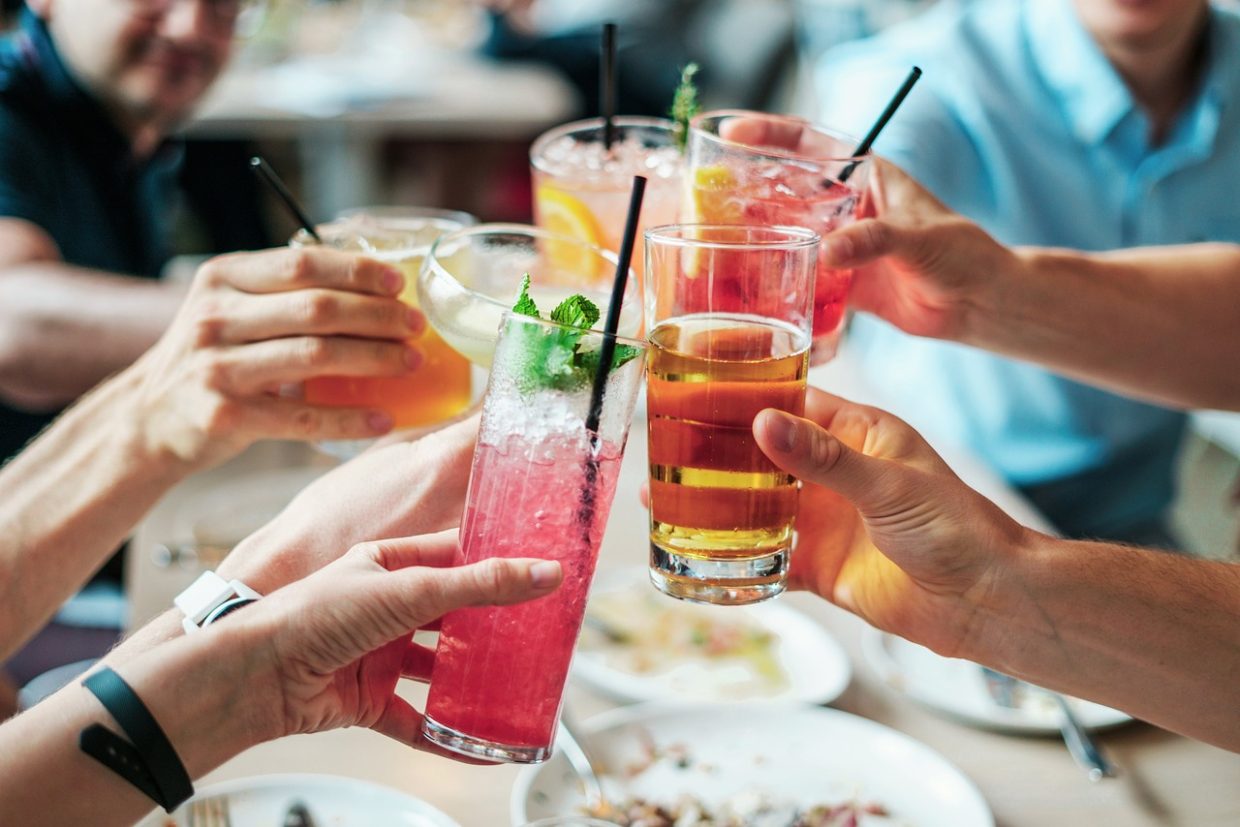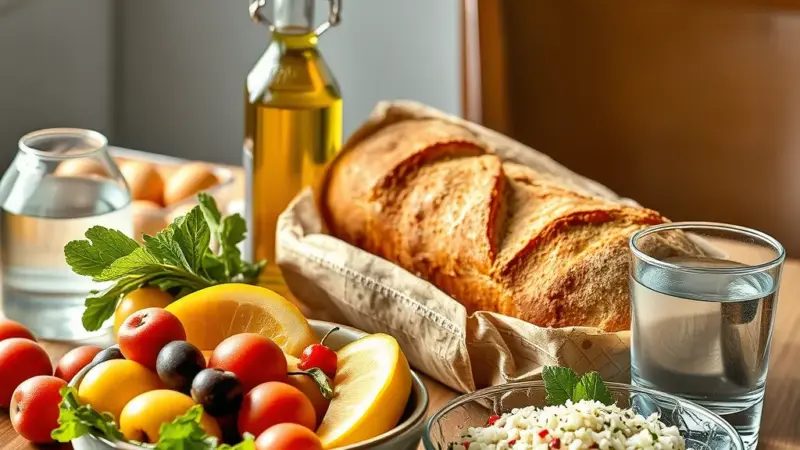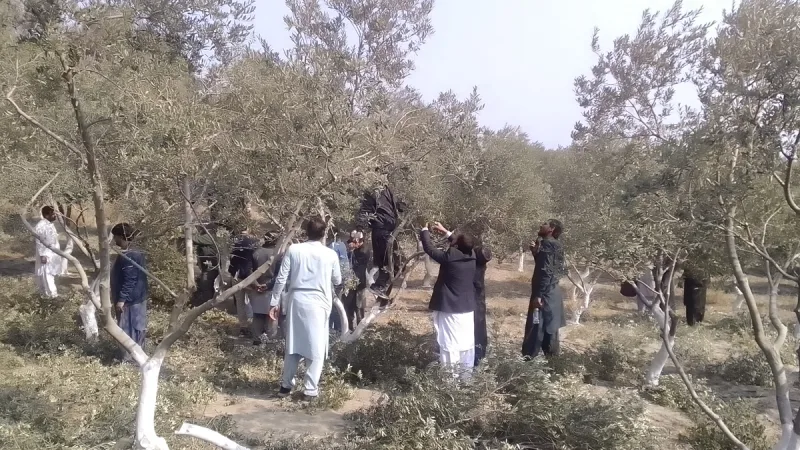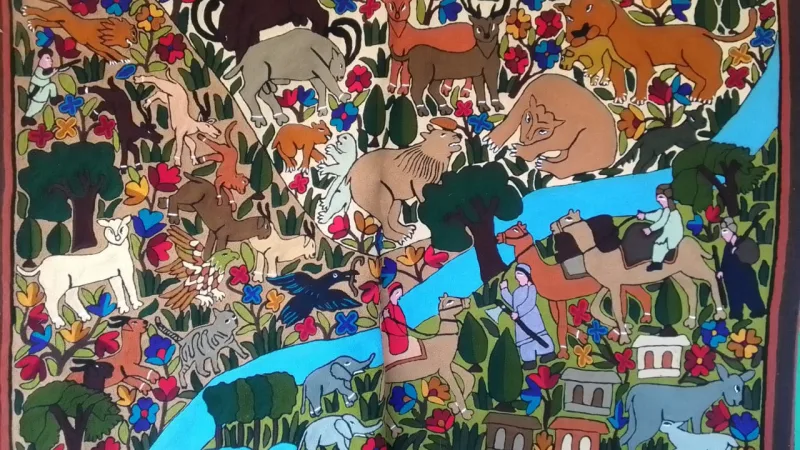The Growing Popularity of Tequila in the U.S. Spells Environmental Concerns

Step aside martinis, margaritas are taking the spotlight in bars. Tequila and mezcal, agave-based liquors, have emerged as the fastest-growing spirits category of 2022, along with ranch waters, Palomas, and reposado old fashioneds. These beverages are projected to surpass vodka as the highest-selling liquor in the United States this year, having already overtaken whiskey, which now holds the third position.
Environmental Implications of Agave-Based Liquors
While this trend celebrates Mexican heritage during Cinco de Mayo, it poses environmental challenges. Tequila offers a unique blend of flavor and versatility, suitable for both cocktails and sipping. However, its production has a greater environmental impact. According to Mexican law, tequila must be made from blue agave plants cultivated in five specific Mexican states. Mezcal includes additional states and agave varieties. Consequently, these Mexican spirits must be transported over long distances to reach their final destinations. The rising global popularity of tequila has also led to a reduction in genetic diversity, as manufacturers favor high-yielding monocrops that require more pesticides. In contrast, vodka can be produced from a variety of grains, sugar beets, and potatoes, with no geographical limitations.
Tequila vs. Vodka: Environmental Contrasts
To create tequila and mezcal, producers harvest the entire mature agave plant, typically aged between seven and twelve years. The plant’s sword-like leaves are removed, and the heart, known as the pina, is steamed or roasted to extract a sugar-rich nectar. This nectar is then fermented and distilled. This production process generates significant waste, with approximately 5 kg (or 11 lbs.) of pulp and 10-15 liters of vinasse (an acidic liquid) produced for every liter of tequila. Incorrect disposal of this vinasse can contaminate soil and water supplies, leading to ecological dead zones. Vodka production, on the other hand, produces less waste relative to its final product, resulting in a lower environmental impact.
Climate Change Vulnerability
Tequila’s agave plants face greater vulnerability to climate change compared to those used in vodka production due to their limited growth regions in Mexico. Rising temperatures disrupt weather patterns in these areas and pose a threat to the Mexican long-nosed bat, a vital pollinator of blue agave plants. A study published in Nature in 2019 suggests that within 50 years, up to 75% of bat ranges could overlap with agave areas, spelling disaster for the industry.
Regarding emissions, both tequila and vodka production emit approximately 3 kg CO2 per liter. However, a new vodka brand called Air claims to remove 1 pound of CO2 per bottle by distilling spirits from water and capturing carbon dioxide from the atmosphere. This makes Air vodka potentially carbon negative. Therefore, choosing vodka over tequila might help preserve margaritas and protect bat populations.






